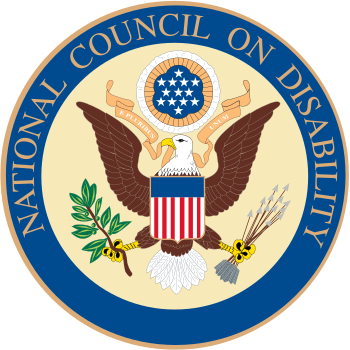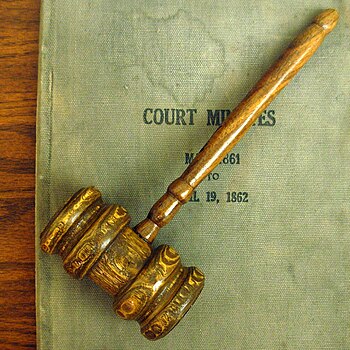 |
| Complaint Department Grenade (Photo credit: Wikipedia) |
This is the second installment in a multi-part series on procedural safeguards under the federal special education law, the Individuals With DisabilitiesEducation Act. I work a lot in this area, so it is near and dear to my heart. Despite the importance of procedural safeguards. however, many issues in this area are misunderstood. I hope that all of the different types of special education stakeholders who read this blog find the information in this series helpful.Be sure to tell me what you think about the series.
Notice of Procedural Safeguards-
A copy of the procedural safeguards of the notice must be provided to the parents only one time per year, except that it must also be given upon initial referral or parental request for evaluation, upon the first occurrence of filing of a due process complaint, and upon request by a parent. Section 615(d)(1)(A). The regulations clarify that the notice must also be provided upon the parents’ filing of the first state complaint and on the date on which the decision to take disciplinary action is made. 34 CFR Section 300.504(a); 71 Fed. Register No. 156 at page 46692 (August 14, 2006). The regulations also make it clear that a parent will receive more than one copy of the notice of procedural safeguards if they also request an evaluation or file a state complaint or due process hearing or they request a copy. 34 CFR Section 300.504(a); 71 Fed. Register No. 156 at page 46692 (August 14, 2006). The local educational agency may also place a copy of the procedural safeguards notice on their website if they have one. Section 615(d)(1)(B). OSEP has noted that publishing the notice on its website does not relieve the LEA of the responsibility of offering the parent a printed copy of the notice unless the parent evidences a clear preference to obtain the information electronically 71 Fed. Register No. 156 at page 46693 (August 14, 2006).
The procedural safeguards notice must include a full explanation of procedural safeguards, written in the native language of the parents (unless clearly not feasible) and written in an easily understandable manner, relating to the following:
`(A) independent educational evaluation;
`(B) prior written notice;
`(C) parental consent;
`(D) access to educational records;
`(E) the opportunity to present and resolve complaints, including--
`(i) the time period in which to make a complaint;
`(ii) the opportunity for the agency to resolve the complaint; and
`(iii) the availability of mediation;
`(F) the child's placement during pendency of due process proceedings;
`(G) procedures for students who are subject to placement in an interim alternative educational setting;
`(H) requirements for unilateral placement by parents of children in private schools at public expense;
`(I) due process hearings, including requirements for disclosure of evaluation results and recommendations;
`(J) State-level appeals (if applicable in that State);
`(K) civil actions, including the time period in which to file such actions; and
`(L) attorneys' fees.
Section 615 (d)(2).
OSEP has published a model Notice of Procedural Safeguards in order to reduce confusion about what must be included in the notice. 71 Fed. Register No. 156 at page 46693 (August 14, 2006). The model notice is 44 pages long. The model notice form is available on the website: Although OSEP frowns upon dual filings of state complaints and due process hearings for the same incident, the regulations clarify that the notice of procedural safeguards must explain both procedures and the differences between the two. 34 CFR Section 300.504(c); 71 Fed. Register No. 156 at page 46693 (August 14, 2006). At a session I attended at a conference of ACRES ( the rural special education association) I learned that when put through software to determine the reading level necessary to read the model procedural safeguards, the researchers found a graduate school reading level was needed to comprehend these safeguards. So much for "easily understandable," no?
See also in general: Questions and Answers on Procedural Safeguards and Due Process Procedures 52 IDELR 266 (OSERS 6/1/2009) and the NICHCY training module http://nichcy.org/laws/idea/legacy/module17.
































